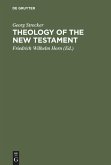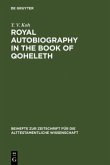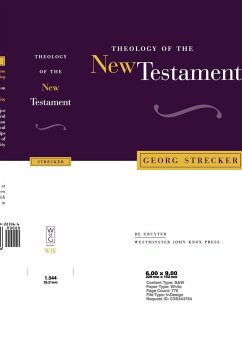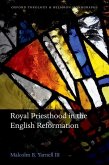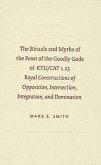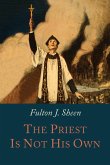Relatively little has been written on Psalm 110 from a biblical-theological perspective. Most modern critical studies go behind the text, concluding that Psalm 110 is essentially a political attempt to unite the Jebusite cult with the Davidic monarchy. Evangelical interpreters take a more theological approach, but rarely develop a satisfying answer to the question of how David would have come to the realisation that the Messiah was to be a priest after the order of Melchizedek.
Matthew Emadi shows how David came to this conclusion through his reading of the Torah, consideration of the events of his own life, and reflection on the contents of the Davidic covenant. He also considers the impact of Psalm 110 on the early Jewish literature and how the New Testament (Gospel of Mark and Hebrews) applies Psalm 110 to Christ.
By considering Davids biblical warrant for bringing together priesthood and kingship in a single figure, Emadi shows how we are able to uncover the biblical-theological foundation on which Psalm 110 is built. He situates Psalm 110 in Scriptures storyline, showing that Melchizedeks royal priesthood is tied to creation and redemption.
Matthew Emadi shows how David came to this conclusion through his reading of the Torah, consideration of the events of his own life, and reflection on the contents of the Davidic covenant. He also considers the impact of Psalm 110 on the early Jewish literature and how the New Testament (Gospel of Mark and Hebrews) applies Psalm 110 to Christ.
By considering Davids biblical warrant for bringing together priesthood and kingship in a single figure, Emadi shows how we are able to uncover the biblical-theological foundation on which Psalm 110 is built. He situates Psalm 110 in Scriptures storyline, showing that Melchizedeks royal priesthood is tied to creation and redemption.


